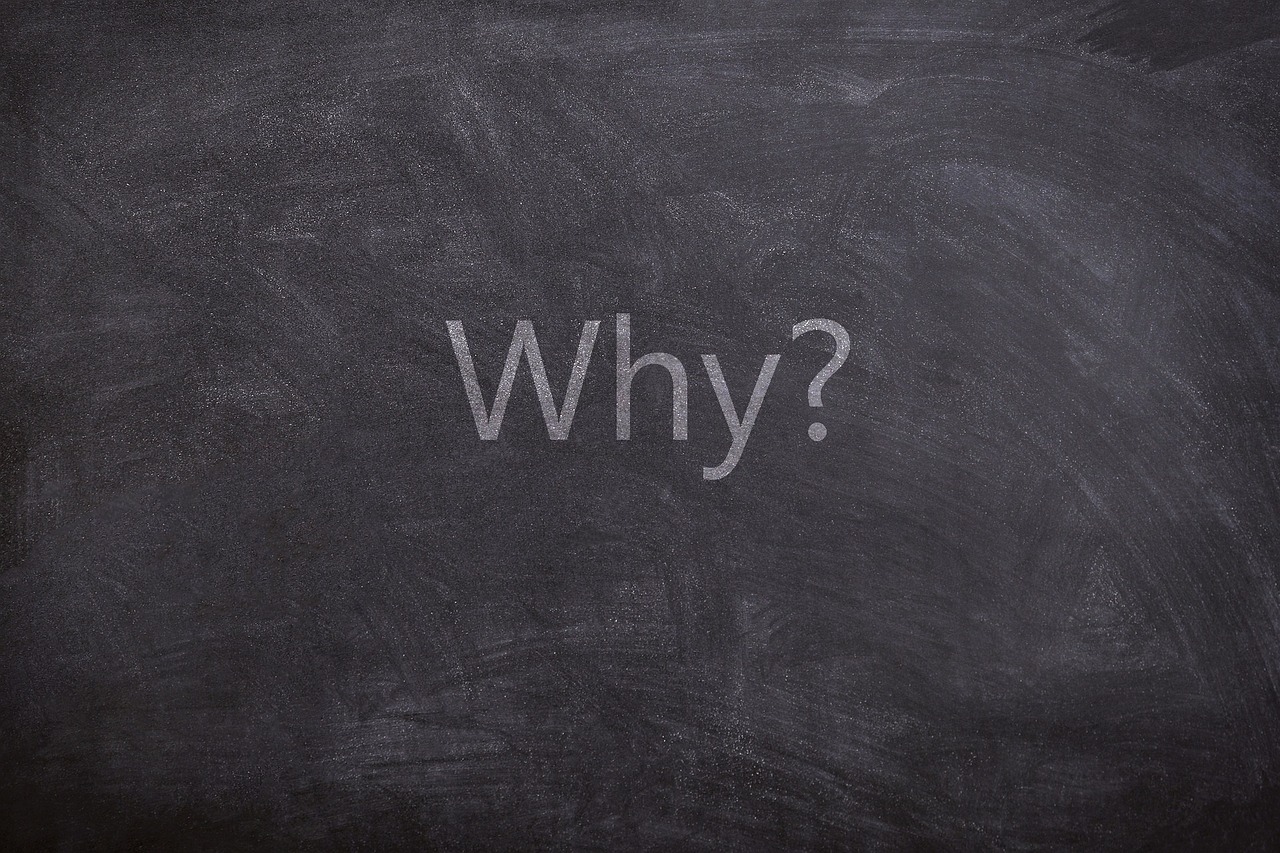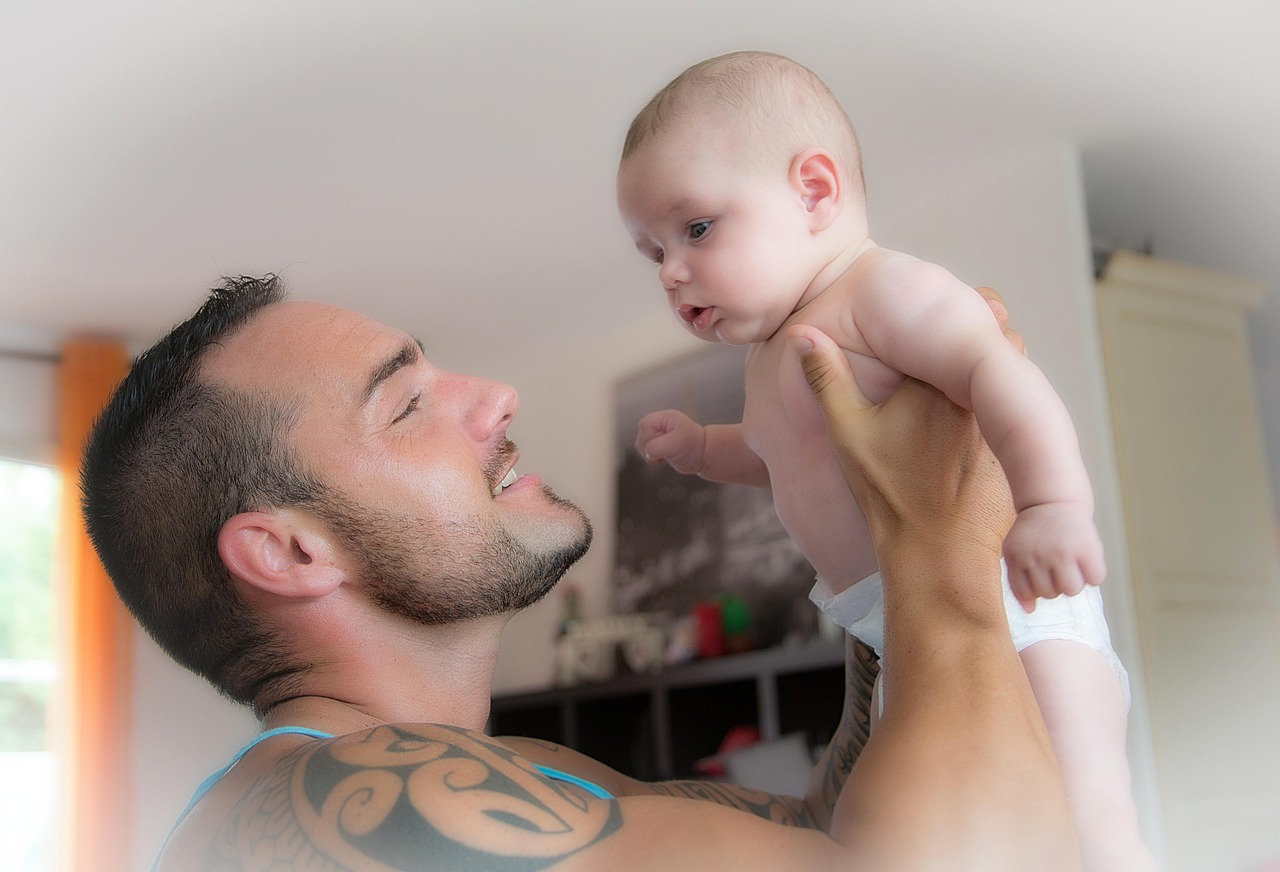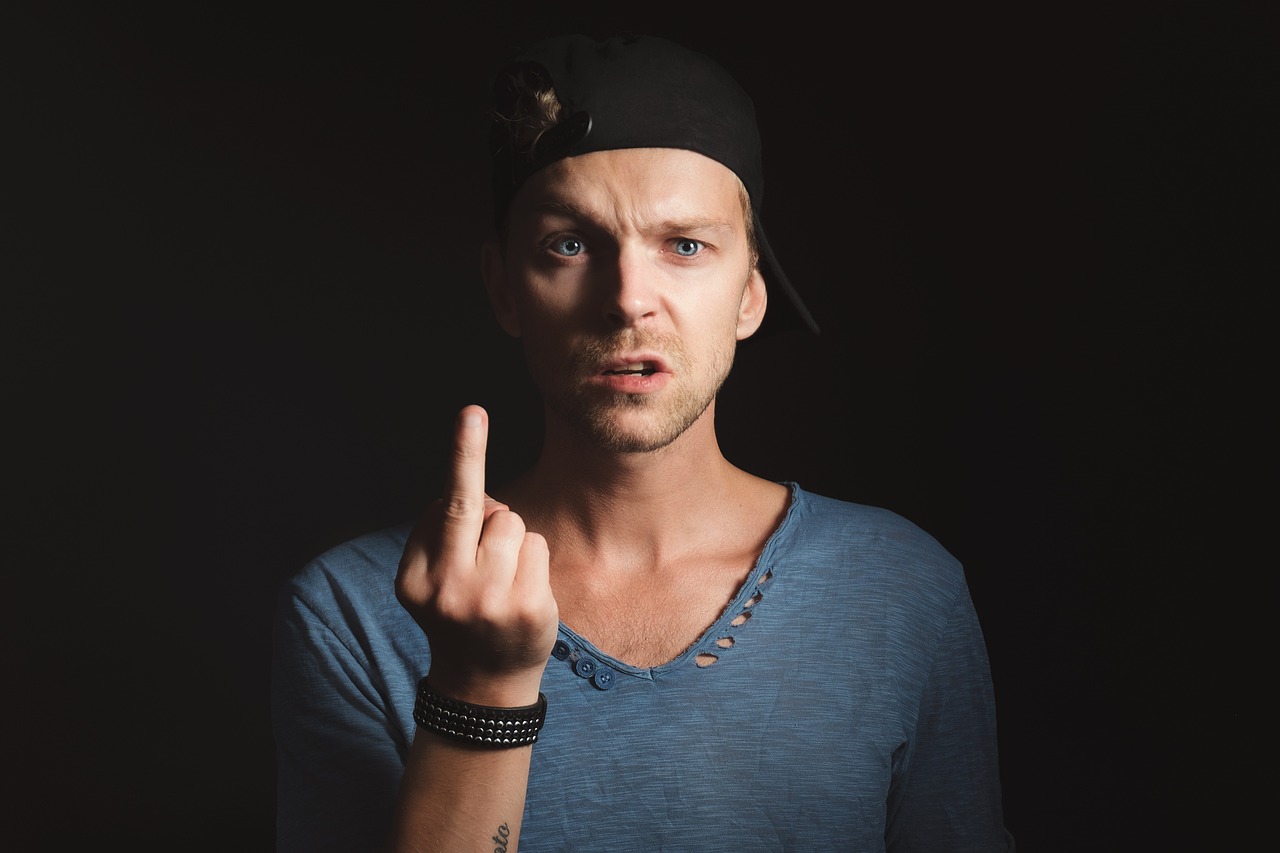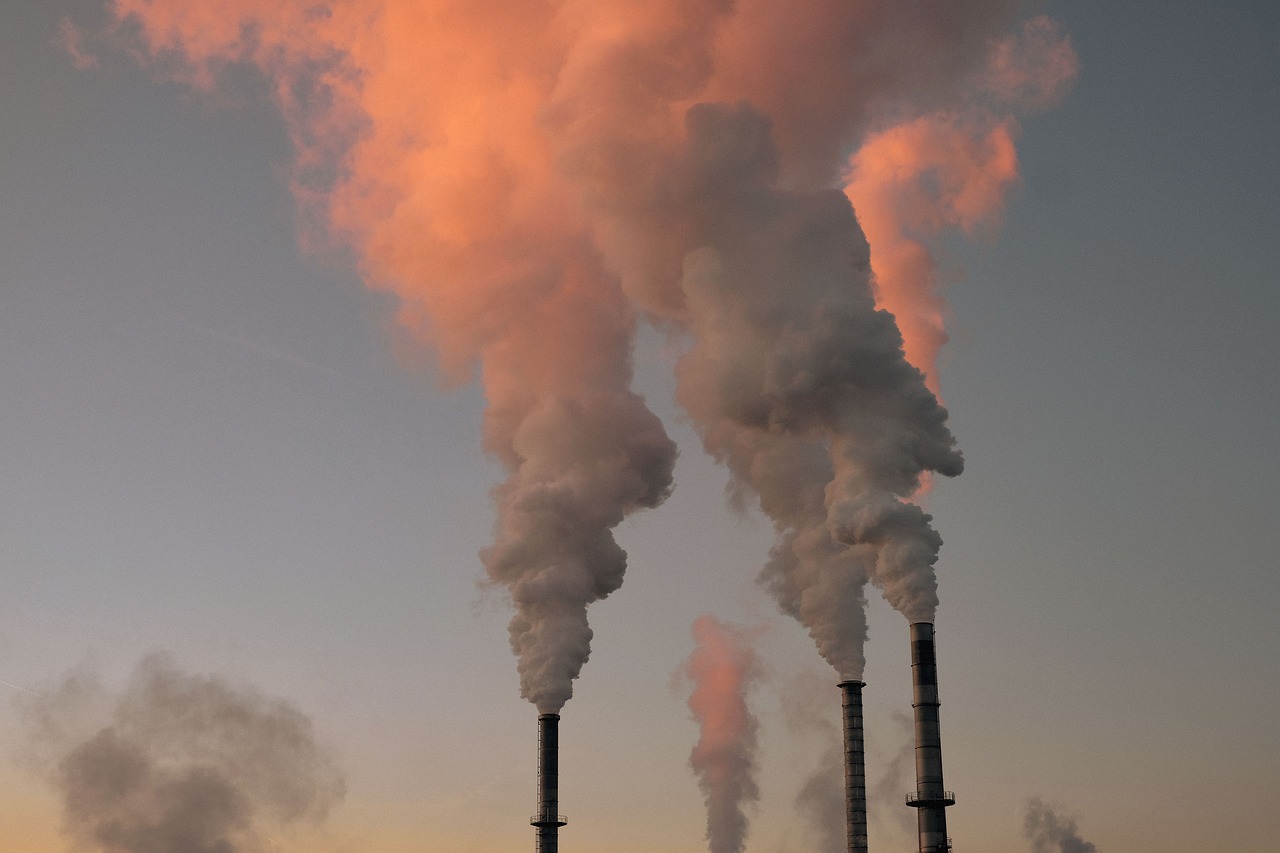
Understanding the Wallace Allegations
The recent allegations against Gregg Wallace, a prominent figure in British television, have sparked a significant conversation about misconduct in the entertainment industry. The crux of the issue revolves around claims made by over 50 individuals who have come forward with serious accusations against the former MasterChef presenter. These allegations range from inappropriate sexual comments to more severe accusations of groping and predatory behavior. Wallace’s denial of these claims sets the stage for a broader discussion about accountability in the creative industries.
The Role of Baroness Helena Kennedy
Baroness Helena Kennedy has emerged as a key voice in this unfolding narrative. As the chair of the Creative Industries Independent Standards Authority, she has cautioned Wallace against dismissing the accounts of the women who have come forward. Her statement underscores the importance of listening to victims and acknowledging their experiences rather than trivializing them. Kennedy’s warning emphasizes that public figures must take allegations seriously if they wish to maintain credibility and potentially rehabilitate their careers in the future.
The Inquiry and Its Implications
An inquiry into the allegations against Wallace, commissioned by Banijay, the production company behind MasterChef, is currently underway. This independent investigation aims to provide clarity on the claims made against him. While Wallace asserts that he has been cleared of the most severe allegations, the ongoing inquiry raises critical questions about the protocols in place for addressing misconduct in the entertainment sector. The results of this inquiry will likely have implications not only for Wallace but also for the broader industry, particularly regarding how allegations of misconduct are handled.

The Response from Bectu Union
Philippa Childs, the head of the broadcast union Bectu, has also weighed in on the situation. She cautioned Wallace against “gaslighting” the women who have come forward, highlighting the emotional toll such dismissive attitudes can have on those who feel vulnerable in their careers. Childs revealed that her organization has received additional claims against Wallace, suggesting that the issue may be more widespread than previously thought. This perspective underscores the environment of fear that often prevails in creative industries, where individuals may hesitate to speak out due to concerns about their professional futures.

A Closer Look at the Allegations
The allegations against Wallace are not isolated incidents; they encompass a range of experiences reported by multiple women. For instance, some individuals have accused him of making inappropriate sexual comments, while others have recounted incidents of groping and other forms of harassment. Specific accounts, such as that of a woman who claims Wallace exposed himself in a dressing room, paint a disturbing picture of his behavior. These testimonies highlight a troubling pattern that demands serious attention from both industry leaders and the public.

The Impact on the BBC and Banijay
The allegations against Wallace have put significant pressure on the BBC and Banijay to evaluate their safeguarding practices and duty of care towards employees. With the rise of the #MeToo movement, there is an increasing expectation for organizations to create safe working environments and to address allegations of misconduct swiftly and transparently. The outcome of the inquiry will likely prompt a reevaluation of policies and practices within the BBC and other media companies to ensure that they are equipped to handle such serious allegations effectively.
Wallace’s Public Statements
In response to the growing allegations, Wallace has taken to social media to defend his character. He claims that a thorough investigation has found the most damaging allegations against him to be baseless. However, his insistence on being exonerated comes across as defensive, especially in the wake of numerous credible allegations from multiple sources. His public statements may reflect a broader struggle among public figures to navigate the complexities of accountability in the age of social media and heightened awareness of sexual misconduct.
The Culture of Silence in Entertainment
The claims against Wallace underscore a larger cultural issue within the entertainment industry—the culture of silence that often silences victims of misconduct. Many individuals fear the repercussions of coming forward, which can lead to a lack of accountability for perpetrators. This environment can perpetuate cycles of abuse and harassment, making it imperative for the industry to foster a culture of openness and support for those who speak out. It is crucial that organizations take proactive steps to create a safe space for victims to report their experiences without fear of retaliation.

The Future of Wallace’s Career
As the inquiry unfolds, the future of Gregg Wallace’s career remains uncertain. While he has expressed a desire to return to the public eye, the severity of the allegations against him could hinder his ability to do so. The entertainment industry is increasingly scrutinizing the behavior of its stars, and public sentiment may not favor a comeback for someone facing such serious accusations. The outcome of both the inquiry and public opinion will play pivotal roles in determining whether Wallace can successfully reclaim his place on television.
Conclusion: A Call for Accountability
The allegations surrounding Gregg Wallace serve as a stark reminder of the need for accountability in the entertainment industry. As more individuals come forward with their stories, it is essential that organizations take these claims seriously and implement robust policies to address misconduct. The conversations sparked by these allegations are critical in shaping a safer and more respectful environment for all those who work in creative fields. Moving forward, it is crucial that industry leaders listen to victims, take decisive action, and foster a culture of transparency and respect.




